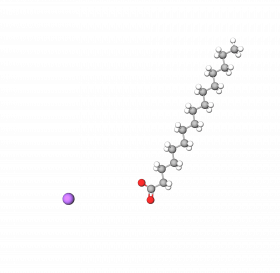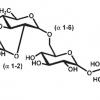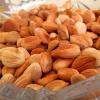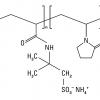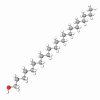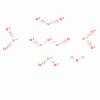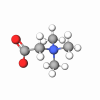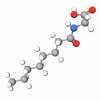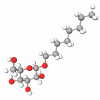Soap is produced through the saponification (conversion to soap) of fats and oils traditionally either animal or vegetable derived. The trend towards vegetable oil-based products and the growing global demand for palm and coconut oils have led to intensive farming and industrial refining of these plants.
Sodium Palmate is a saponification product of palm oil (Elaeis guineensis oil), mainly consisting of sodium salts of unsaturated and saturated fatty acids. Refined and deodorized palm oil is saponified with Sodium Hydroxide, resulting in a mix of Sodium palate, Glycerin, and Water.
Thanks to its cost-effectiveness, effectiveness, and mild action, Sodium Palmate is a common base ingredient in soap bars. It is a white-to-ivory opaque solid. It cleans dirt while preserving the skin's protective barrier.
Sodium Palmate has a low odor and is compatible with fragrances and raw materials for soap production. Its physical properties also help it perform excellently in compression, stamping, and packing. Besides, it is the principal ingredient for bath soap and can be used in laundry soap bars.In addition, Sodium Palmate can be used as a thickener in liquid soaps and foaming cleansers and, in small quantities, as an emulsifier.
